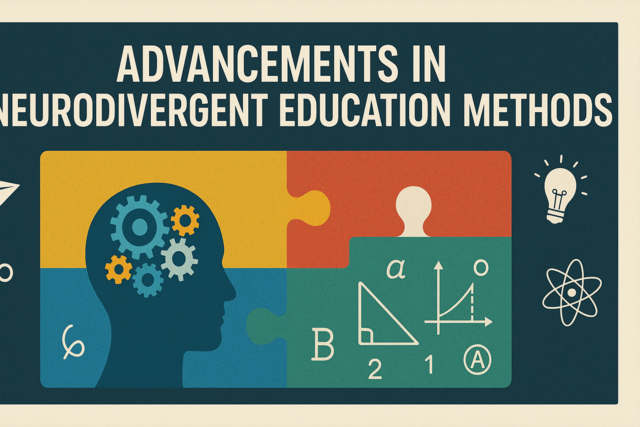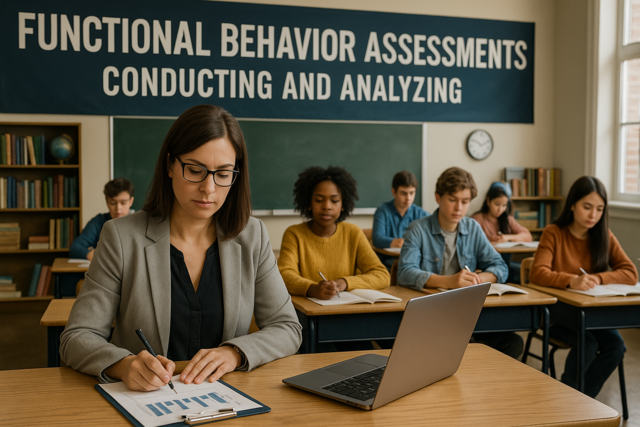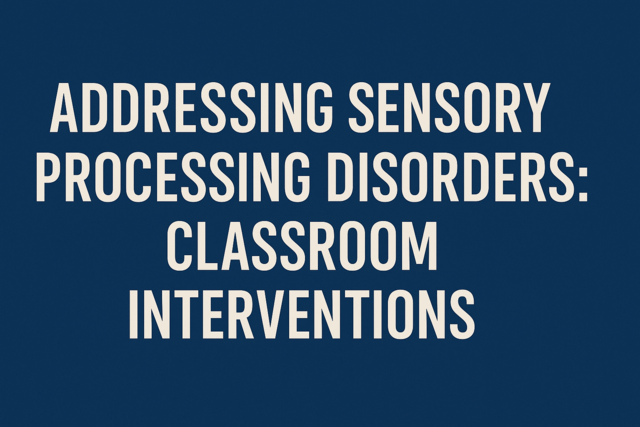Online Class: Effective Assessment Practices in Special Education

no certificate
with CEU Certificate*
-
15Lessons
-
22Exams &
Assignments -
3Hours
average time -
0.3CEUs
Course Description
Imagine a world where every child, regardless of their unique challenges, thrives within a supportive, inclusive, and empowering educational environment. A world where assessments aren't just bureaucratic hurdles to jump over, but rather pivotal tools that unlock the doors to personalized learning and holistic development. Welcome to "Effective Assessment Practices in Special Education" - a course crafted with the sole aim of transforming your teaching potential and turning this vision into reality.
This course isn't just another tick on your professional development checklist; it's your ticket to creating lasting impacts in the lives of your students. We all know that the landscape of special education is filled with complexities, and yet, within these challenges lies the extraordinary opportunity to bring about real change. This is your chance to be a trailblazer, armed with the skills and knowledge necessary to navigate the intricate world of special education assessments with confidence.
Let's begin our journey by understanding the profound power assessments hold. With our comprehensive modules, you'll learn to see beyond statistics and numbers. You'll discover how assessments can serve as a cultural bridge, helping you understand and appreciate the rich tapestry of diversity in your classroom. This course doesn't just inform; it transforms how you perceive your students, replacing outdated biases with cultural sensitivity and empathy.
As you voyage deeper, you will uncover the nuanced art of crafting Individualized Assessment Plans (IAPs) that are not only effective but deeply reflective of each student's unique strengths and needs. Through this course, you'll become adept at collaborating with multidisciplinary teams, weaving together insights from various professionals and parents to create robust and adaptable educational frameworks tailored to each child.
Our exploration will also take you through the vibrant world of formative assessment, showcasing how you can skillfully evaluate cognitive, social, and emotional development. Imagine being able to accurately assess these facets and apply your findings in ways that promote balanced growth and resilience among your students. Such skills are not only beneficial but crucial for facilitating a comprehensive learning experience.
Innovation is at the heart of what we offer. With lessons on leveraging advanced multimedia tools, you'll learn how technology can revolutionize the way you design assessments. These tools will allow you to craft assessments that are interactive and engaging, transforming learning into an exciting adventure while capturing the attention and imagination of your students.
Moreover, this course is built around one firm belief: assessments must never be static. Just as no two students are the same, no single approach will suit everyone. You'll gain insights into designing dynamic, student-centered assessments that evolve with your learners, helping them take ownership of their educational journey and boosting their motivation and engagement.
When you commit to this course, you join a community of like-minded educators who believe in the power of collaborative learning. You'll connect with families, viewing them not just as observers but as fundamental partners in the assessment process. With their insights and cultural contexts guiding your practices, you'll foster environments where every student feels seen, heard, and empowered.
Finally, your journey will arm you with the legal expertise necessary to navigate the complex world of IDEA and FERPA with grace and precision. You'll emerge with the confidence to conduct assessments that are not only compliant but deeply empowering, ensuring every student's potential is recognized and celebrated.
This is more than a course. It's a transformative journey. When you enroll, you're not just enhancing your skills – you're redefining what's possible in special education. This course promises to be a catalyst for change, equipping you with the tools to impact lives positively, break down barriers, and open new possibilities for every unique learner you encounter. Don't miss your chance to be at the forefront of this educational revolution. Join us, and let's change the world of special education, one assessment at a time.
- Completely Online
- Self-Paced
- 6 Months to Complete
- 24/7 Availability
- Start Anytime
- PC & Mac Compatible
- Android & iOS Friendly
- Accredited CEUs

Course Lessons
Lesson 1. Harnessing the Power of Assessments in Special Education
Inclusive assessments must be culturally sensitive and avoid biases, acknowledging the diverse backgrounds of students in special education. Utilizing culturally relevant materials and fair assessment practices ensures that all students' abilities are accurately represented.Lesson 2. Building Effective IAPs
Crafting effective IAPs requires an understanding of each student's strengths and needs through the initial screening phase, emphasizing a collaborative effort with multidisciplinary teams and parents. By aligning with the student's evolving learning profile and incorporating cultural awareness, IAPs ensure a dynamic and inclusive educational experience.Lesson 3. Formative Assessment and the Special Education Spectrum
Cognitive assessments help educators evaluate information processing and problem-solving skills, using diverse methods like standardized tests and performance-based evaluations. Social and emotional assessments play a crucial role in understanding a learner’s interpersonal interactions and emotional regulation, enabling tailored interventions that promote well-rounded development.Lesson 4. Inclusive Assessment Strategies Through Digital Innovation
Advanced multimedia tools are transforming assessments by enabling creative expression and interactive learning, making evaluation engaging and reflective of diverse student talents. Platforms that offer real-time feedback contribute to dynamic and immersive educational experiences, motivating students through gamified learning.Lesson 5. Crafting Nuanced Support Strategies for Holistic Growth
Culturally responsive assessments ensure equity and inclusivity, recognizing the impact of cultural norms on emotional expression and behavior. By respecting each student's background, educators can craft support plans that target social-emotional goals, promoting resilience and engagement in educational settings.Lesson 6. Respecting Cultural Diversity in Assessing Student Abilities
Cultural competency in special education is crucial for accurate assessments, as it recognizes diverse backgrounds, ensuring fair evaluations for students. Educators must adapt tools and strategies, embracing languages and customs, to cater to individual needs and overcome biases.Lesson 7. Going Beyond Standardized Tests: Uncovering the Unique Learning Potential of Students with Special Needs
By integrating Universal Design for Learning into assessments, educators can create flexible and inclusive environments that cater to diverse learning preferences. Multiple means of representation, action, and engagement are crucial for assessing student understanding effectively.Lesson 8. Exploring Ethical and Legal Pathways: Assessing Life Skills in Special Education
Navigating legal and ethical considerations in special education assessments is essential for creating an empowering learning environment that respects each student's dignity and potential. Compliance with IDEA and FERPA laws ensures assessments are meaningful, non-discriminatory, and protect student privacy, allowing for accurate, beneficial evaluations.Lesson 9. Crafting Collaborative Pathways: Families as Co-Architects in Special Education Assessment
Recognizing families as indispensable partners, educators can obtain a comprehensive understanding of learners’ needs by integrating family perspectives and cultural contexts in the assessment process. This mutual partnership, built on trust and active collaboration, leads to empowering and more effective educational experiences for students with special needs.Lesson 10. The Art of Observational Assessments: Elevating Student Success in Special Education
This assessment method strengthens collaboration among educational stakeholders by offering detailed insights for IEP meetings and facilitating data-driven decision-making. Educators refine their approach through professional development, enhancing their ability to discern critical student behavior elements for effective pedagogical strategies.Lesson 11. Data Collection in Action: Empowering Special Education
Observation offers critical insights into student behavior and social skills, ensuring data collection in special education reflects real-life interactions across various contexts. Engaging families and utilizing qualitative feedback help create tailored educational strategies, fostering growth and progress in diverse learning environments.Lesson 12. Understanding and Maximizing the Role of Rubrics in Special Education
The iterative refinement of rubrics ensures they remain relevant, equitable, and effective in assessing student progress. Leveraging technology and gathering diverse feedback continuously advances the rubric design, aligning it with contemporary educational needs and supporting diverse learning profiles.Lesson 13. Student-Centric Assessments in Special Education
Integrating student voice in special education is essential for creating inclusive assessments that resonate with learners’ experiences, enhancing their educational engagement and motivation. This approach empowers students to take ownership of their educational journey, leading to improved self-advocacy and academic success.Lesson 14. Fair and Adaptive Assessment Methods for Diverse Classrooms
Educators enhance evaluations by employing methods such as storytelling or visual demonstrations, adapted to cultural contexts, thus bridging gaps left by standardized tests. Family and community involvement in assessment development contributes invaluable insights, fostering a supportive learning environment that respects unique cultural norms.Lesson 15. Personalized Learning Paths: Leveraging Baseline Data and IEP Goals in Special Education
The integration of advanced educational technology in special education aids educators in collecting comprehensive baseline data and ensuring dynamic progress tracking. This tech-savvy approach not only enhances tailored IEP strategies but also fosters inclusive, engaging educational experiences.
Learning Outcomes
- Demonstrate the ethical and legal considerations involved in special education assessments, emphasizing their role in crafting fair, unbiased, and culturally sensitive evaluation strategies.
- Define the various types of special education assessments and describe their distinctive purposes, including formative, summative, diagnostic, and adaptive applications.
- Demonstrate the ability to develop SMART goals within an IAP, tailored to a student's evolving learning profile and strengths.
- Define the core components of an Individualized Assessment Plan (IAP) and explain how they address the unique needs of each student.
- Demonstrate understanding of how technology enhances personalized formative assessments in special education by applying adaptive tools for cognitive, social, and emotional development.
- Define and identify the cognitive, social, and emotional needs of diverse learners using holistic assessment strategies.
- Demonstrate the ability to utilize speech-to-text and text-to-speech applications effectively to support diverse learning needs in a special education setting.
- Identify and evaluate the effectiveness of different digital tools in enhancing special education assessments by analyzing their impact on student performance and engagement.
- Define the unique social challenges faced by students with disabilities and illustrate strategies to support their social development.
- Demonstrate the ability to assess and evaluate emotional development in students with disabilities using both qualitative and quantitative methods.
- Define cultural competency in the context of special education assessment by identifying specific practices that recognize and value students' diverse backgrounds.
- Demonstrate the ability to apply culturally responsive tools and methods during student assessments by analyzing case scenarios that highlight cultural competency integration.
- Recognize and describe the diverse assessment strategies for understanding individual learning needs in special education, including the usage of technology and dynamic assessment methods.
- Demonstrate mastery of lesson content at levels of 70% or higher.
Additional Course Information

- Document Your Lifelong Learning Achievements
- Earn an Official Certificate Documenting Course Hours and CEUs
- Verify Your Certificate with a Unique Serial Number Online
- View and Share Your Certificate Online or Download/Print as PDF
- Display Your Certificate on Your Resume and Promote Your Achievements Using Social Media

Choose Your Subscription Plan
No Certificate / No CEUs
This course only
| Includes certificate | X |
| Includes CEUs | X |
| Self-paced |

|
| Instructor support |

|
| Time to complete | 6 months |
| No. of courses | 1 course |
Certificate & CEUs
This course only
| Includes certificate |

|
| Includes CEUs |

|
| Self-paced |

|
| Instructor support |

|
| Time to complete | 6 months |
| No. of courses | 1 course |
Certificates & CEUs
Includes all 600+ courses
| Includes certificate |

|
| Includes CEUs |

|
| Self-paced |

|
| Instructor support |

|
| Time to complete | 12 Months |
| No. of courses | 600+ |
Certificates & CEUs
Includes all 600+ courses
| Includes certificate |

|
| Includes CEUs |

|
| Self-paced |

|
| Instructor support |

|
| Time to complete | 24 Months |
| No. of courses | 600+ |
Related Courses
-
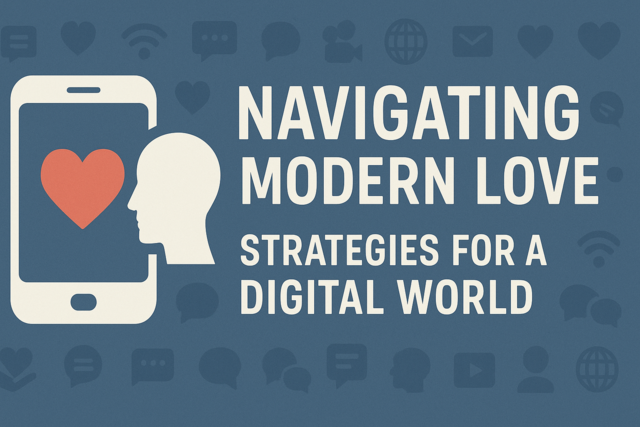 6 hours
0.6 CEUs
Navigating Modern Love: Strategies for a Digital World
+ More Info
6 hours
0.6 CEUs
Navigating Modern Love: Strategies for a Digital World
+ More Info
-
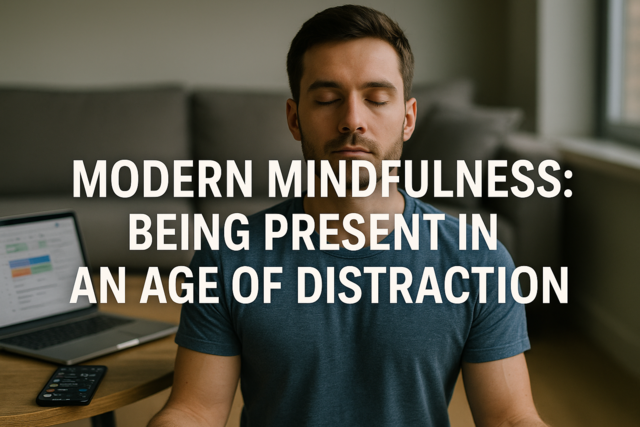 7 hours
0.7 CEUs
Modern Mindfulness: Being Present in an Age of Distraction
+ More Info
7 hours
0.7 CEUs
Modern Mindfulness: Being Present in an Age of Distraction
+ More Info
-
 7 hours
0.7 CEUs
Travel Planning and Safety Skills
+ More Info
7 hours
0.7 CEUs
Travel Planning and Safety Skills
+ More Info
-
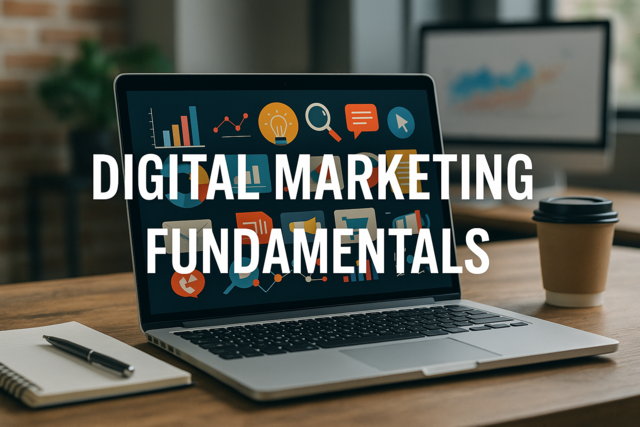 6 hours
0.6 CEUs
Digital Marketing Fundamentals
+ More Info
6 hours
0.6 CEUs
Digital Marketing Fundamentals
+ More Info
-
 3 hours
0.3 CEUs
Agile and Scrum Fundamentals
+ More Info
3 hours
0.3 CEUs
Agile and Scrum Fundamentals
+ More Info
-
 7 hours
0.7 CEUs
Harmony at Home: Techniques for Peaceful Coexistence
+ More Info
7 hours
0.7 CEUs
Harmony at Home: Techniques for Peaceful Coexistence
+ More Info
-
 7 hours
0.7 CEUs
Exploring Chakra Alignments
+ More Info
7 hours
0.7 CEUs
Exploring Chakra Alignments
+ More Info
-
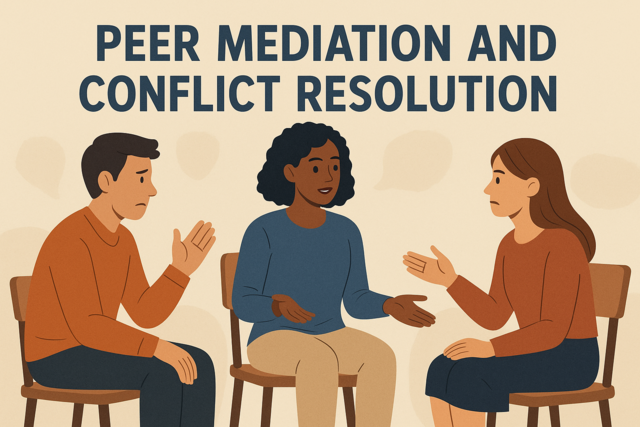 6 hours
0.6 CEUs
Peer Mediation and Conflict Resolution
+ More Info
6 hours
0.6 CEUs
Peer Mediation and Conflict Resolution
+ More Info
-
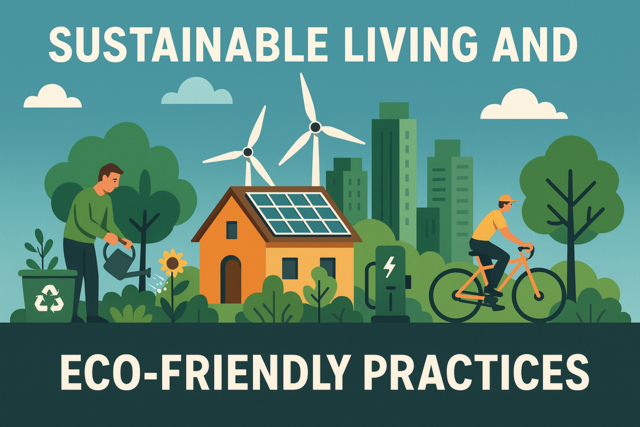 7 hours
0.7 CEUs
Sustainable Living and Eco-Friendly Practices
+ More Info
7 hours
0.7 CEUs
Sustainable Living and Eco-Friendly Practices
+ More Info
-
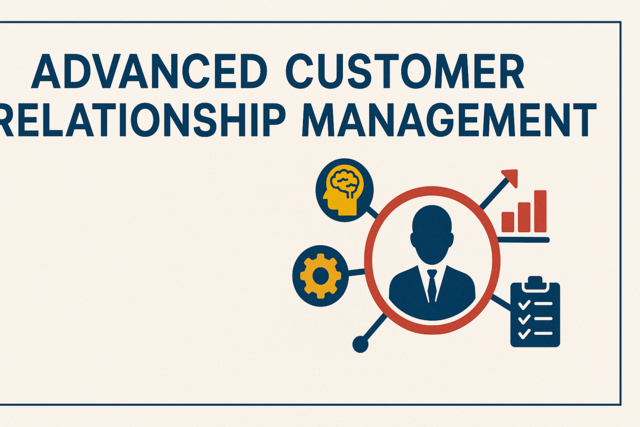 5 hours
0.5 CEUs
Advanced Customer Relationship Management
+ More Info
5 hours
0.5 CEUs
Advanced Customer Relationship Management
+ More Info
-
 6 hours
0.6 CEUs
Building Effective Virtual Teams
+ More Info
6 hours
0.6 CEUs
Building Effective Virtual Teams
+ More Info
-
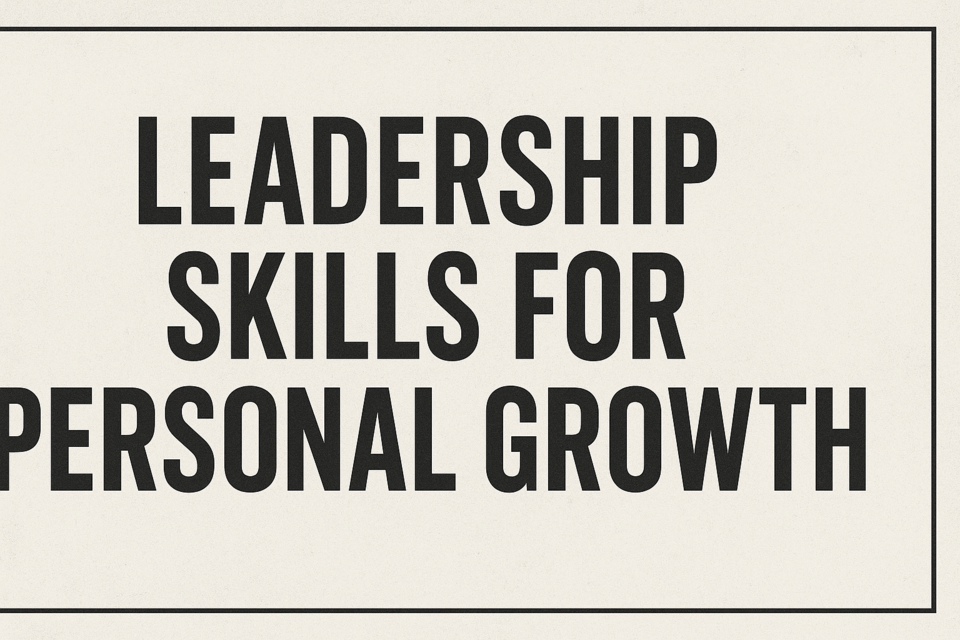 4 hours
0.4 CEUs
Leadership Skills for Personal Growth
+ More Info
4 hours
0.4 CEUs
Leadership Skills for Personal Growth
+ More Info
-
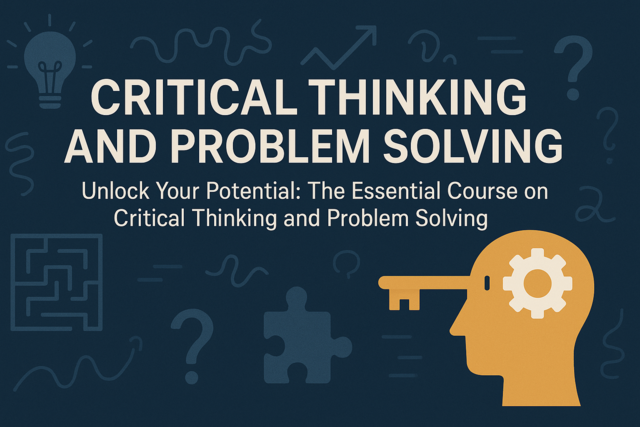 5 hours
0.5 CEUs
Critical Thinking and Problem Solving
+ More Info
5 hours
0.5 CEUs
Critical Thinking and Problem Solving
+ More Info
-
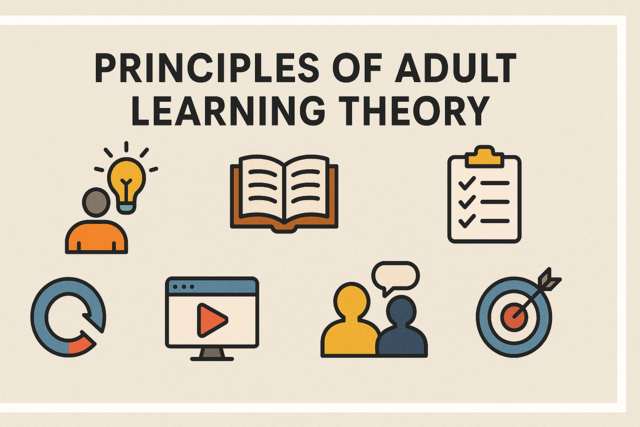 4 hours
0.4 CEUs
Principles of Adult Learning Theory
+ More Info
4 hours
0.4 CEUs
Principles of Adult Learning Theory
+ More Info
-
 4 hours
0.4 CEUs
Breathwork for Emotional Balance
+ More Info
4 hours
0.4 CEUs
Breathwork for Emotional Balance
+ More Info
-
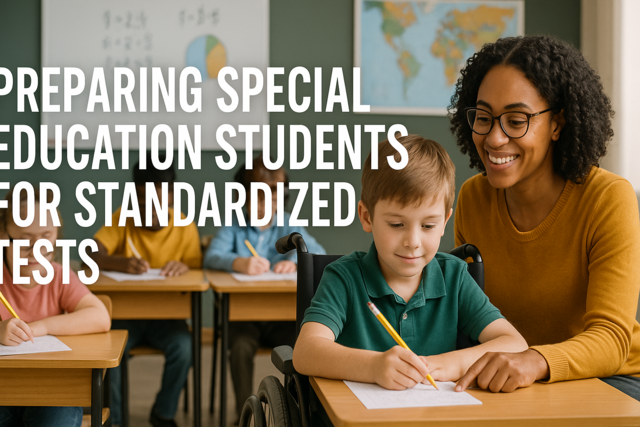 3 hours
0.3 CEUs
Preparing Special Education Students for Standardized Tests
+ More Info
3 hours
0.3 CEUs
Preparing Special Education Students for Standardized Tests
+ More Info
-
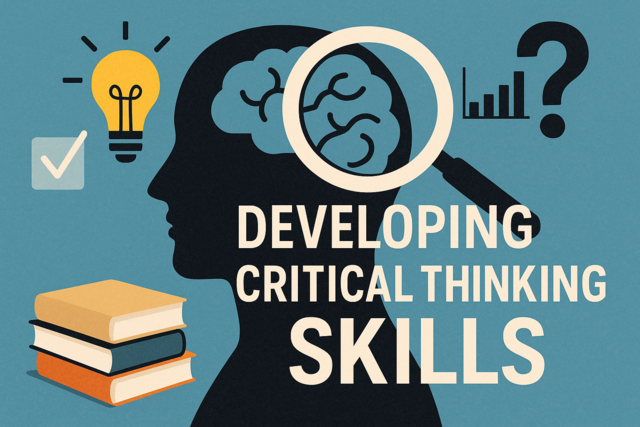 5 hours
0.5 CEUs
Developing Critical Thinking Skills
+ More Info
5 hours
0.5 CEUs
Developing Critical Thinking Skills
+ More Info
-
 6 hours
0.6 CEUs
Legacy Building: Creating a Family Culture to Last
+ More Info
6 hours
0.6 CEUs
Legacy Building: Creating a Family Culture to Last
+ More Info
-
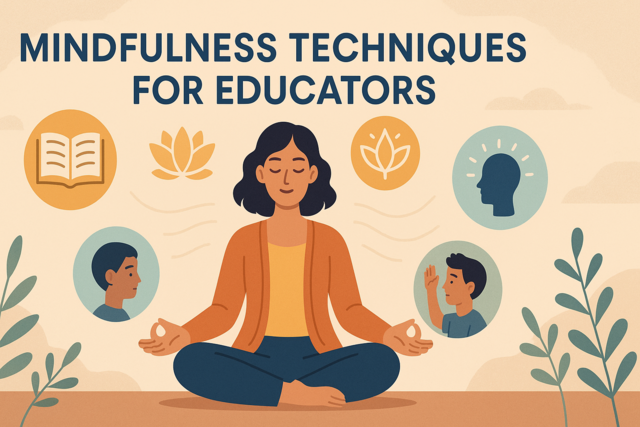 5 hours
0.5 CEUs
Mindfulness Techniques for Educators
+ More Info
5 hours
0.5 CEUs
Mindfulness Techniques for Educators
+ More Info
-
 4 hours
0.4 CEUs
Creating a Culture of Collaboration
+ More Info
4 hours
0.4 CEUs
Creating a Culture of Collaboration
+ More Info
-
 6 hours
0.6 CEUs
The Influence Index: How Environment Shapes Relationships
+ More Info
6 hours
0.6 CEUs
The Influence Index: How Environment Shapes Relationships
+ More Info
-
 4 hours
0.4 CEUs
Design Dynamics: The Rise of Contemporary Luxury Designers
+ More Info
4 hours
0.4 CEUs
Design Dynamics: The Rise of Contemporary Luxury Designers
+ More Info
-
 6 hours
0.6 CEUs
Public Speaking with Confidence
+ More Info
6 hours
0.6 CEUs
Public Speaking with Confidence
+ More Info
-
 5 hours
0.5 CEUs
Introduction to Programming for Professionals
+ More Info
5 hours
0.5 CEUs
Introduction to Programming for Professionals
+ More Info
-
 7 hours
0.7 CEUs
Iconoclasts of Style: Revolutionary Figures in Modern Fashion
+ More Info
7 hours
0.7 CEUs
Iconoclasts of Style: Revolutionary Figures in Modern Fashion
+ More Info
-
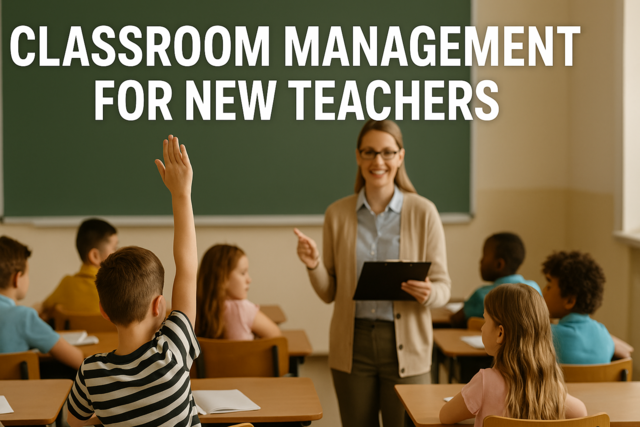 6 hours
0.6 CEUs
Classroom Management for New Teachers
+ More Info
6 hours
0.6 CEUs
Classroom Management for New Teachers
+ More Info
-
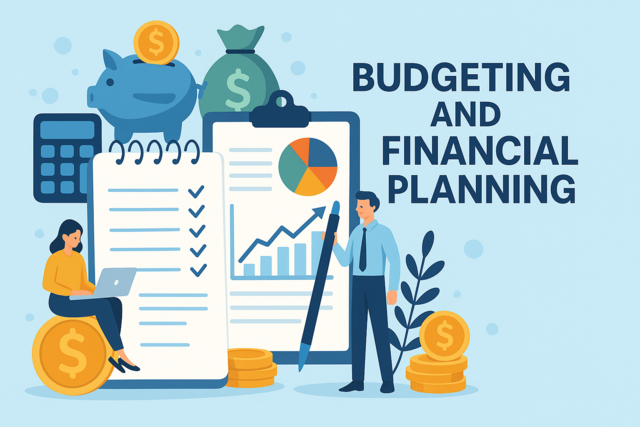 3 hours
0.3 CEUs
Budgeting and Financial Planning
+ More Info
3 hours
0.3 CEUs
Budgeting and Financial Planning
+ More Info
-
 3 hours
0.3 CEUs
Dapper & Distinguished: Men's Fashion Essentials
+ More Info
3 hours
0.3 CEUs
Dapper & Distinguished: Men's Fashion Essentials
+ More Info
-
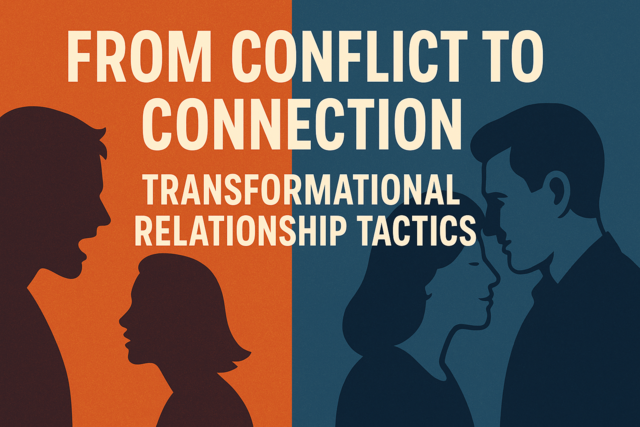 3 hours
0.3 CEUs
From Conflict to Connection: Transformational Relationship Tactics
+ More Info
3 hours
0.3 CEUs
From Conflict to Connection: Transformational Relationship Tactics
+ More Info
-
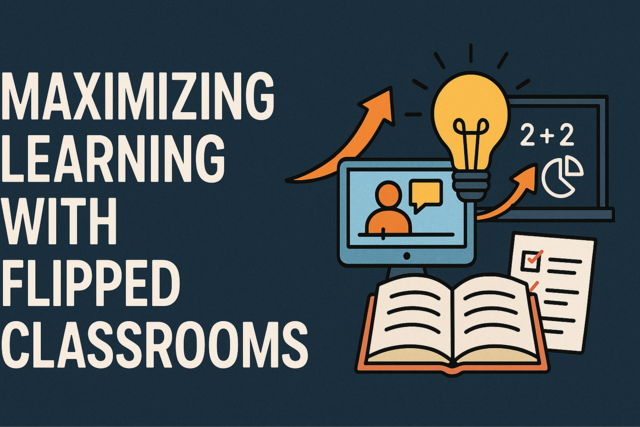 5 hours
0.5 CEUs
Maximizing Learning with Flipped Classrooms
+ More Info
5 hours
0.5 CEUs
Maximizing Learning with Flipped Classrooms
+ More Info
-
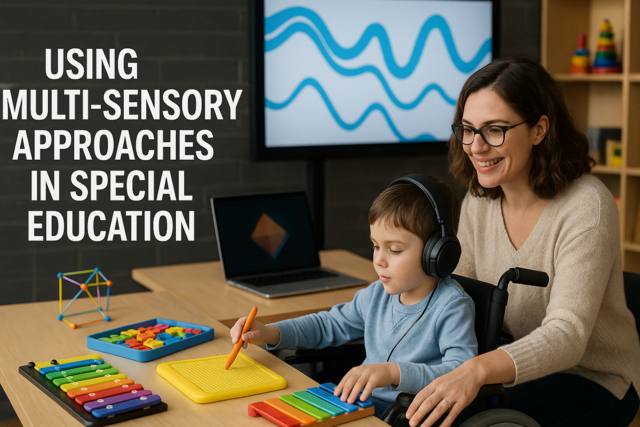 7 hours
0.7 CEUs
Using Multi-Sensory Approaches in Special Education
+ More Info
7 hours
0.7 CEUs
Using Multi-Sensory Approaches in Special Education
+ More Info
-
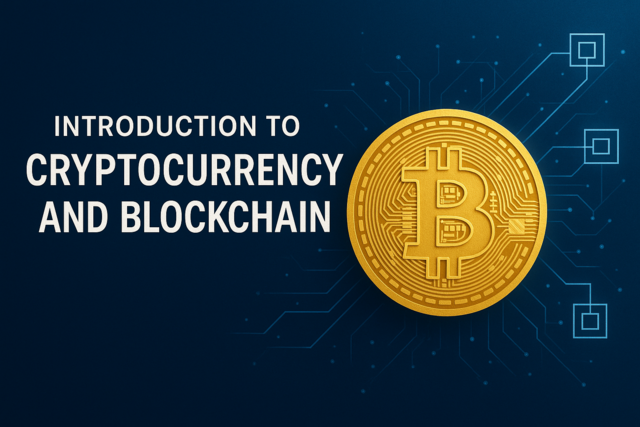 7 hours
0.7 CEUs
Introduction to Cryptocurrency and Blockchain
+ More Info
7 hours
0.7 CEUs
Introduction to Cryptocurrency and Blockchain
+ More Info
-
 4 hours
0.4 CEUs
Elite Ensembles: Crafting Timeless Women's Looks
+ More Info
4 hours
0.4 CEUs
Elite Ensembles: Crafting Timeless Women's Looks
+ More Info
-
 6 hours
0.6 CEUs
Data-Driven Decision Making in Special Education
+ More Info
6 hours
0.6 CEUs
Data-Driven Decision Making in Special Education
+ More Info
-
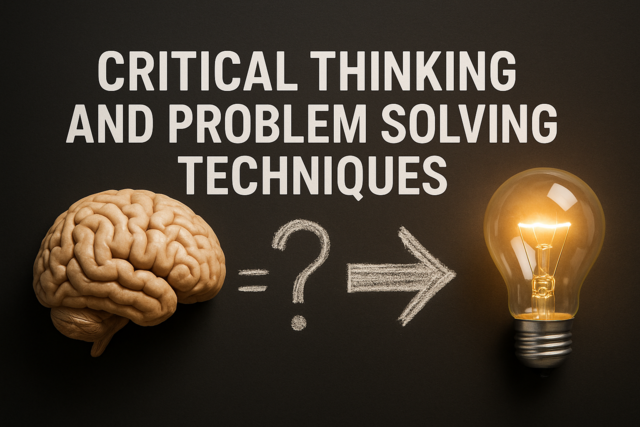 4 hours
0.4 CEUs
Critical Thinking and Problem Solving Techniques
+ More Info
4 hours
0.4 CEUs
Critical Thinking and Problem Solving Techniques
+ More Info
-
 7 hours
0.7 CEUs
Research Frontiers: Contemporary Studies in Trauma and Recovery
+ More Info
7 hours
0.7 CEUs
Research Frontiers: Contemporary Studies in Trauma and Recovery
+ More Info
-
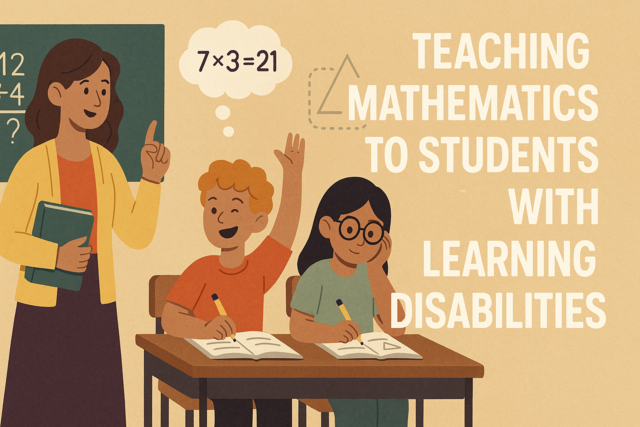 5 hours
0.5 CEUs
Teaching Mathematics to Students with Learning Disabilities
+ More Info
5 hours
0.5 CEUs
Teaching Mathematics to Students with Learning Disabilities
+ More Info
-
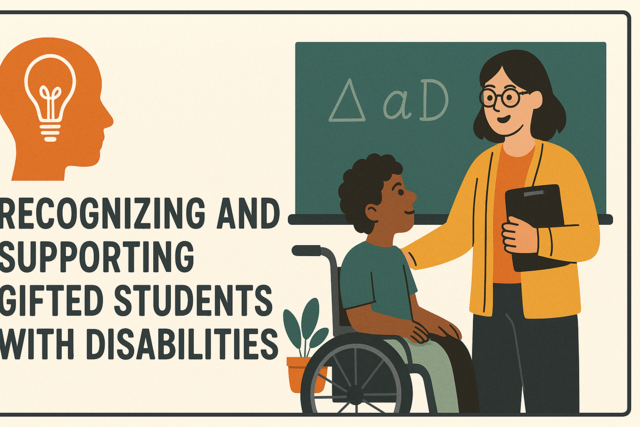 5 hours
0.5 CEUs
Recognizing and Supporting Gifted Students with Disabilities
+ More Info
5 hours
0.5 CEUs
Recognizing and Supporting Gifted Students with Disabilities
+ More Info
-
 5 hours
0.5 CEUs
Lunar Magic and Moon Phases
+ More Info
5 hours
0.5 CEUs
Lunar Magic and Moon Phases
+ More Info
-
 5 hours
0.5 CEUs
The Alchemical Traditions of Druidic Wisdom
+ More Info
5 hours
0.5 CEUs
The Alchemical Traditions of Druidic Wisdom
+ More Info


